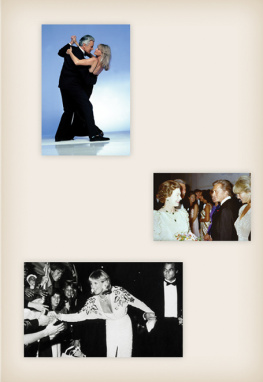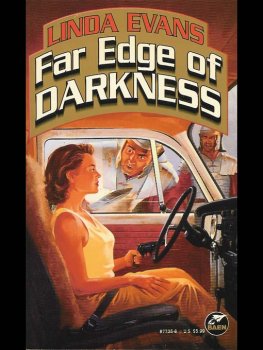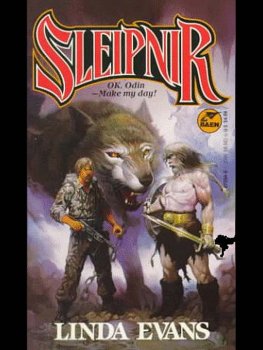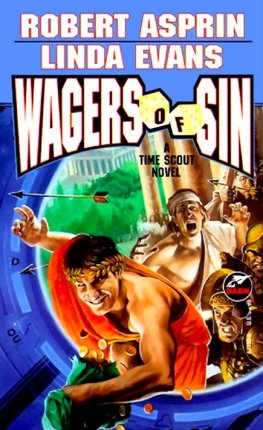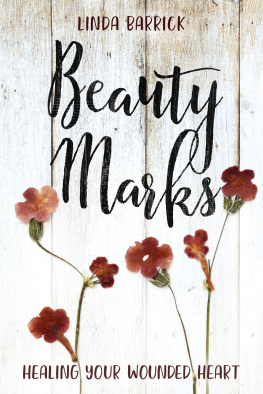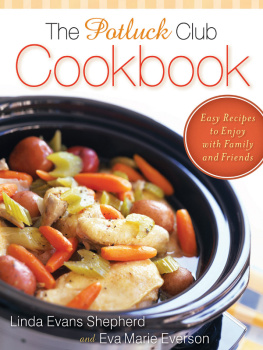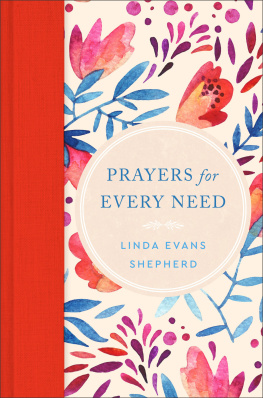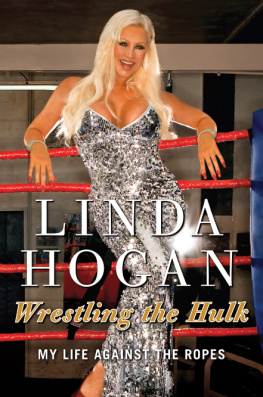
M Y PARENTS WERE pretty typical of their generation: Mom cooked, Dad ate. My mother was one of those wonder cooks who could make gravy out of air and stretch a little pot of homemade soup to feed a small army, which she often did.
In 1943 my parents decided to move west. They had been working for years as professional ballroom dancers on the East Coast, but after my sister Carole (who is now known as Charlie) and I were born, my mother retired and we moved from Connecticut to California. My grand parents, Tony and Marie, were managers of a U-shaped complex in Hollywood and we moved into a charming little duplex right next to them. I loved it because it was on Sycamore Street, which actually was lined with beautiful old sycamore trees.
Daddy worked alone for a while, but then gave up dancing as well to become an interior wallpaper hanger / painter extraordinaire. He loved his job and would occasionally work in the homes of the famous, like Rudy Valle and Dana Andrews.
It was tough work in those days. Daddy did not have paint rollers in 1948 or water-based paint and all the work was done with large, heavy brushes. Charlie and I always knew what color he was using since his white overalls would be splattered with the Color of the Day.
My father truly loved everyone and never met a stranger. Occasionally, hed arrive home for dinner, walk in happy, and announce to Mom, Add some water to the soup, honey, Ive brought a new friend. While driving home, hed see a homeless man sitting against a wall and invite him to dinner. Daddy would always make the new friend feel at home, offering him a drink and, of course, one of Moms great meals. At the end of the evening, he would get back in his car and drive many miles to return the man back to where he found him.

Mom and Dadmy dancing stars.
Each time it was a brand-new friend. It gave Daddy great joy to give some happiness to an individualeven if only for one night. We all loved him for this.
Incidentally, the only time Dad ever cooked for us was when we went to this little cabin in the forest. There were no modern conveniences, so Dad would just warm up a can of something or other on the wood-burning stove. But for a kid, that was more exciting than a fancy feast.

W HEN I WAS around five and Charlie six, a mother and her little boy moved into an apartment in the back corner of our complex. The boy was very young, so my sister and I didnt play with him much. One day, there was a large banner across the little boys door that read: ISOLATION POLIODO NOT ENTER. As a child it was hard for me to understand what was going on.

Daddy, Charlie, Mama, and me happy to be in Hollywood.
The little boy and his mother were quarantined, so she could not even leave to go to the store. The neighbors ignored them, but our mother was far too compassionate to stand by and just watch them suffer. So, despite warnings, Mom would often cook meals for them and deliver them herself. In her heart, she believed she was safe and needed to do something to help.
Sadly, she was wrong. Polio was a rampant and deadly disease. Suddenly, our mother started complaining of severe aches in her body. The only thing that my grandfather could think to do was to put hot towels on her back directly from a large pot of boiling water. I can remember her crying out in pain because they were so hot. He did this several times a day. Later, the doctors said that this probably prevented her from having permanent paralysis.
Despite our grandfathers efforts, the next thing we knew an ambulance came and took our mother to the hospital. They said she had polio, but was very lucky in that it only affected her left shoulder and arm, and her right leg.
In the hospital, each day they would lower her into a pool, where, miraculously, she could move her arms and legs. She promised the nurses that she would do the Scottish hop (a dance step she knew, having been a professional dancer) down the hallway on the day she left.
While our mother was in the hospital, my sister and I were sent to separate homes to be taken care of. The families were strangers to us, but kind. Visiting days from Daddy were wonderful until he had to leave. Meanwhile, he was busy arranging for us to move into a new house in North Hollywood.
I remember the day my father, sister, and I moved into our first new home, and even though it was a small, two-bedroom in the Valleywith no lawn, just sand in front and backwe thought it was a palace.
A few months after we moved in, my mother was finally ready to leave the hospital. All the nurses, doctors, and interns lined the hallway and applauded her as she danced out the door. Thank God. Prayers are answered!
Our mother came home to our brand-new house. Needless to say it was quite a joyous occasion for all.

W HEN I BEGAN writing this book, I tried to remember when I first realized that even a modest, home-cooked meal can bring a person joy. One of my earliest memories of this is my mothers Hot Dog Stew.
It must have been around 1951, during the Korean War, because we often had a house full of servicemen to feed. A cousin on leave started bringing by a few of his buddies for dinner, which soon became a regular event at our house. Mom loved being able to do something special for these young men. Most were far from home and missing their own families. But we had very little money, so Mom cooked up her Hot Dog Stew.
The good old Hot Dog Stew days are the only entertaining I remember my family doing, besides Thanksgiving and Christmas. When I was fifteen, my dad passed away and my mother went on Social Security, so there would be no more parties. But the memories of how much everyone loved my mom for cooking for them is still fresh in my mind and heart.
Like in most families, no one sees things the same way. Both my sister Charlie and I have our own versions of our mothers hot dog stew. And to keep peace in the family, I am sharing both versions with you.
MAKES 4 SERVINGS
2 tablespoons olive oil
1 pound hot dogs (preferably all pork), cut into 1-inch slices at an angle
1 large green pepper, cut into 1-inch pieces
1 large onion, cut into 1-inch pieces
1 (16-ounce) can whole potatoes, drained and sliced -inch thick
1 (28-ounce) can whole tomatoes
1 tablespoon dried oregano
1 teaspoons garlic salt
Put the olive oil into a large Dutch oven or heavy casserole pan over medium-high heat. Add the hot dog pieces and cook, stirring often, about 6 minutes, until the skins are crispy and browned. Remove from the pan and set aside.
Put the pepper and onion in the oil remaining in the pan, and cook until the onions and peppers are translucent, about 6 minutes. Add the potatoes and cook until all the vegetables are lightly browned, about 6 more minutes.
Return the hot dogs to the pan. Pour the tomato juice from the can into the pan. Remove any cores or skin from the whole tomatoes, then pull them into pieces as you place them in the pan (your hands are the best tool for this job!). Sprinkle with oregano and garlic salt.

